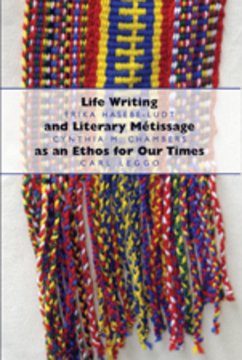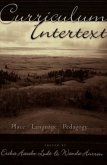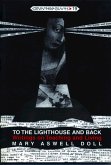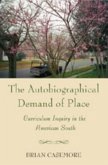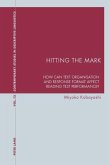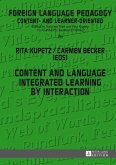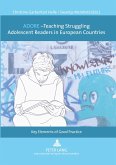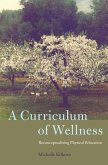This book introduces literary métissage as a way to research, teach, and live ethically «with all our relations» in our precarious times. The authors theorize and perform literary métissage through the praxis of life writing, braiding their autobiographical texts, in various (mixed) genres, into seven themes. Life Writing and Literary Métissage as an Ethos for Our Times explores this writing praxis, with its more inclusive and generative notions of knowledge and knowledge practices, as a tool for creating more just societies and schools.
«This is a work of stunning brilliance and immense beauty. It should serve as a standard for the various genres of autobiography, story, and life-writing. By providing scholarly contextualizations of those fields while offering carefully crafted examples of writing in action, the authors have revealed how a courageous attending to the details of our lives deeply enriches our understanding of life. By the end, I could only sit in silence, full of wonder, strangely at peace. It was the feeling that something really important had been accomplished that showed us the world in a manner of rare depth.» (David Geoffrey Smith, Professor of Education, University of Alberta)
«'Life Writing and Literary Métissage as an Ethos for Our Times' is a pioneering text, one that offers the field of curriculum studies, in particular, and the field of education, in general, an innovative methodology as well as an impassioned and beautifully drawn argument for both the doing and the teaching of autobiographical and life writing studies that attend to their potentials as both political and redemptive practices. ... the 'Braids' of this text, as narrated, juxtaposed and interwoven, not only describe 'experiences' of these three authors, but also become means by which to interpret, to interrupt, to re-assemble, to question anew those very experiences. In developing and performing this creative strategy for weaving together socio-historical conditions of difference as well as points of relation, cross- and inter-sections, and action, Hasebe-Ludt, Chambers, and Leggo challenge as well as inspire curriculum scholars not only to engage in such autobiographical and life writing pedagogies and practices, but also to research the effects of such writing and theorizing on ourselves as teachers, researchers, and writers.» (Janet L. Miller, Professor, Department of Arts and Humanities, Teachers College, Columbia University)
«'Life Writing and Literary Métissage as an Ethos for Our Times' is a pioneering text, one that offers the field of curriculum studies, in particular, and the field of education, in general, an innovative methodology as well as an impassioned and beautifully drawn argument for both the doing and the teaching of autobiographical and life writing studies that attend to their potentials as both political and redemptive practices. ... the 'Braids' of this text, as narrated, juxtaposed and interwoven, not only describe 'experiences' of these three authors, but also become means by which to interpret, to interrupt, to re-assemble, to question anew those very experiences. In developing and performing this creative strategy for weaving together socio-historical conditions of difference as well as points of relation, cross- and inter-sections, and action, Hasebe-Ludt, Chambers, and Leggo challenge as well as inspire curriculum scholars not only to engage in such autobiographical and life writing pedagogies and practices, but also to research the effects of such writing and theorizing on ourselves as teachers, researchers, and writers.» (Janet L. Miller, Professor, Department of Arts and Humanities, Teachers College, Columbia University)

